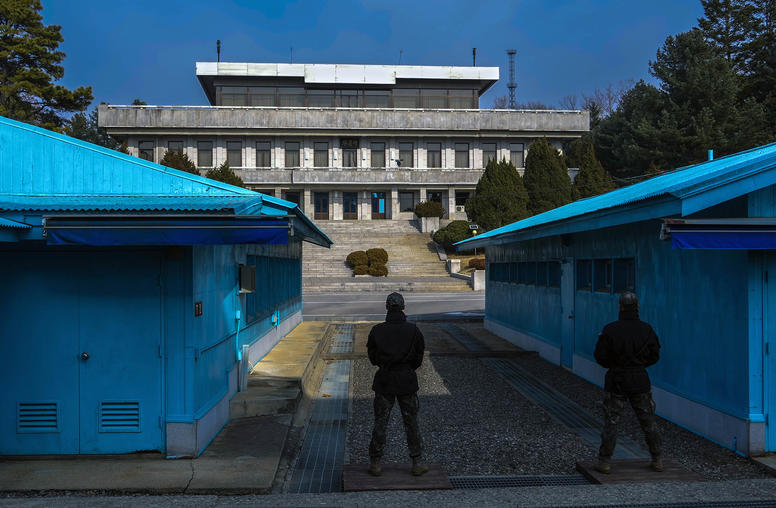Why Peace Remains Elusive on the Korean Peninsula
Reassessing the U.S. Approach to North Korea 70 Years After the 1954 Geneva Conference
This year marks the 70th anniversary of the 1954 Geneva Conference, the political conference convened to resolve what the Korean War could not: the division of the Korean Peninsula. The conference failed, however, and since then, there have been no serious diplomatic efforts to achieve peace in Korea. Moreover, the last two years have witnessed profound shifts in the security situation on the Korean Peninsula that further dim the prospects for peace. Given these shifts, there is a need to reassess the U.S. approach to North Korea to escape the constant state of hostility and risk on the peninsula.
Among the major shifts impacting the Korean Peninsula are three notable changes in North Korea’s approach to foreign policy: North Korea has withdrawn from its five-decade desire to engage with the United States; North Korea has abandoned its five-decade policy of pursuing peaceful unification with South Korea; and North Korea has signed a comprehensive strategic partnership with its historical ally Russia to oppose the U.S.-led international order.
On July 16, USIP hosted a conversation that explores why peace has been elusive on the Korean Peninsula for over seven decades and why the recent shifts in North Korea’s foreign policy indicate that tensions will continue absent a dramatic change in U.S. approach.
Speakers
Frank Aum, welcoming remarks
Senior Expert, Northeast Asia, U.S. Institute of Peace
Mark Tokola, panelist
Vice President, Korea Economic Institute of America
Lieutenant General (retired) Dan Leaf
Former Deputy Commander, U.S. Pacific Command



